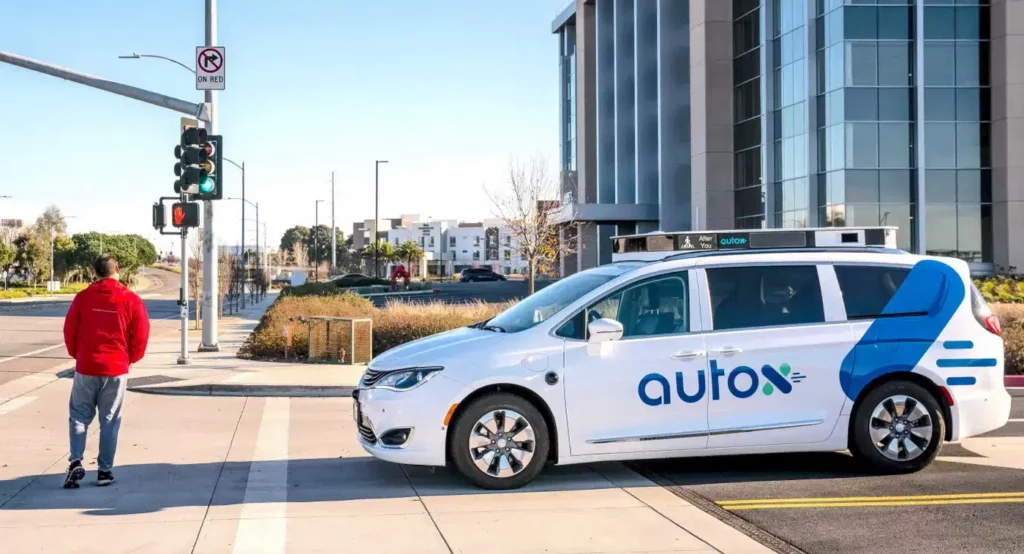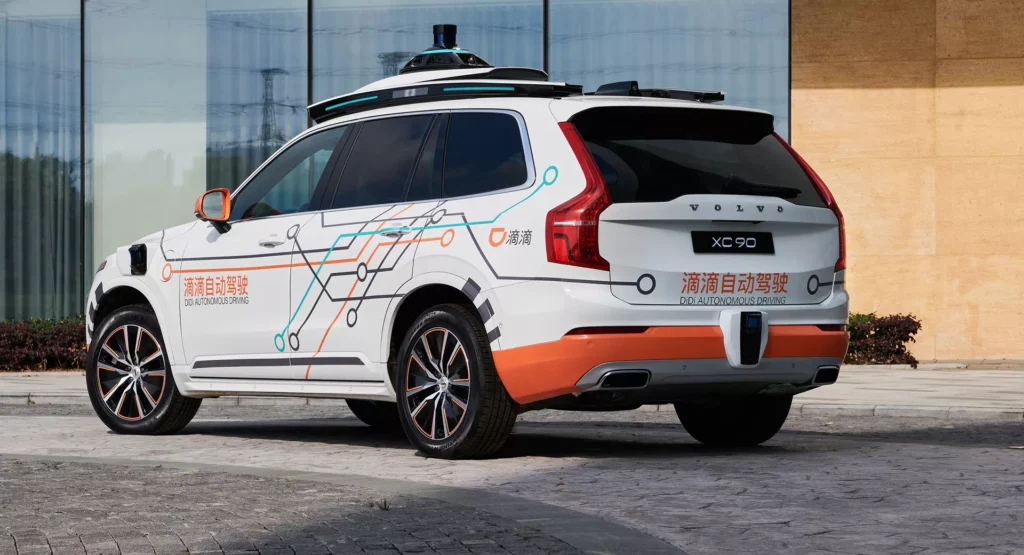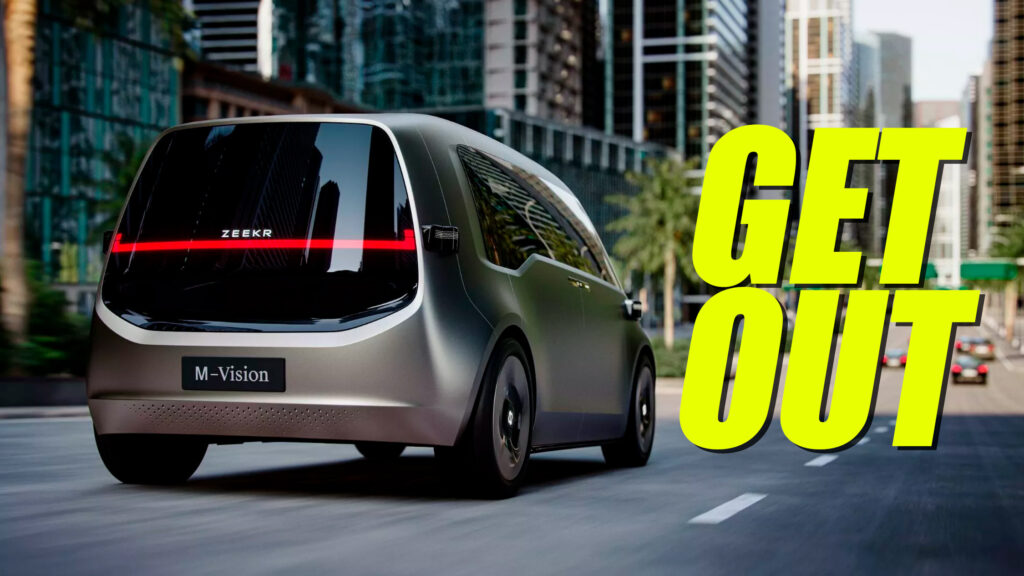- The administration fears Chinese companies could be using driver monitoring systems to listen to or record conversations.
- Such a change would effectively ban Chinese autonomous vehicles from testing on U.S. soil.
- The U.S. recently quadrupled import tariffs on Chinese EVs.
Not only does the U.S. want to prevent a flood of Chinese-made electric vehicles entering the local market, but the Biden administration is also thought to be weighing up the idea of prohibiting Chinese software in vehicles sold locally with Level 3 and above self-driving systems.
A ban is tipped to be proposed by the U.S. Commerce Department in the coming weeks. Such a rule wouldn’t just prevent autonomous and connected vehicles with Chinese software from being sold locally, but would also effectively ban the many Chinese-built autonomous prototypes that are being tested on American roads.
Read: Could Chinese Self-Driving Cars Go On A Programed Killing Spree In America? Some Lawmakers Think So
Reuters understands the proposal would force car manufacturers and their suppliers to verify that their software hasn’t been developed in a foreign entity of concern, including China. In a statement, a spokesperson from the Commerce Department said it “is concerned about the national security risks associated with connected technologies in connected vehicles.”
The White House and State Department held a meeting with major allies, including Australia, Canada, the European Union, Germany, India, Japan, and South Korea, about the “national security risks associated with connected vehicles” earlier in the week. This meeting came several months after a group of U.S. lawmakers raised concerns about Chinese companies collecting and handling sensitive data during the testing of autonomous vehicles in the U.S.
These lawmakers revealed that in the 12 months ending November 2022, Chinese firms specializing in EVs drove more than 450,000 test miles (~724,000 km) in California alone. The Biden administration is thought to be particularly concerned about the possibility of vehicles using driver monitoring systems to listen to or record conversations, or having the ability to take complete control of a vehicle.

Unsurprisingly, China doesn’t like the idea of the U.S. potentially cracking down on its vehicle software.
“Only division of labor and cooperation can bring mutual benefits, and only fair competition can bring technological progress,” a spokesperson from the Chinese Embassy in Washington said. “China urges the U.S. to earnestly abide by market principles and international trade rules, and create a level playing field for companies from all countries. China will firmly defend its lawful rights and interests.”




